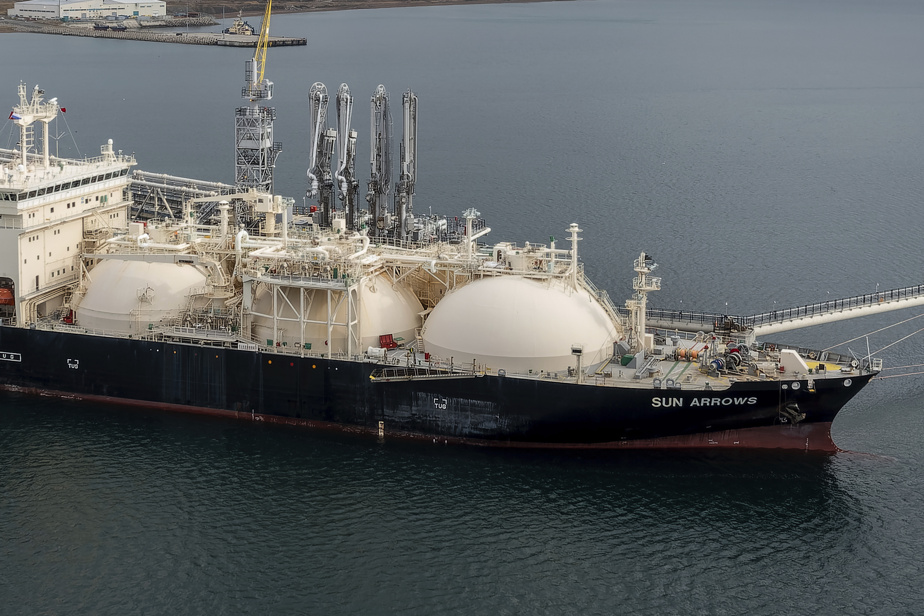(Paris) Despite the rain of sanctions from the European Union and the G7, Russian oil exports are resisting and even reached their highest level in three years in March, but the windfall they bring to Moscow is less than the last year, according to the latest report from the International Energy Agency (IEA) released on Friday.
Total oil shipments increased in March by 600,000 barrels per day to 8.1 million barrels per day, including refined petroleum products, which climbed by 450,000 barrels per day to 3.1 million barrels daily.
“Russian oil exports in March reached their highest level since April 2020 on increased product flows which returned to levels last seen before Russia’s invasion of Ukraine,” notes the AIE, based in Paris, in its latest monthly issue.
As a result, “estimated revenues rebounded in March from $1 billion to $12.7 billion,” but remain 43% lower than a year ago, the IEA said.
Despite the rain of international sanctions targeting its oil, Russia is struggling to redirect its gas hydrocarbon exports to other countries, such as India.
“Russia was India’s top supplier of crude in February for the eighth consecutive month with a share of nearly 38%,” OPEC, the oil exporting cartel, said on Thursday, citing data from Kpler. , an analysis firm specializing in raw materials.
After the sanctions in place since December 5 on Russian crude, a second EU embargo on purchases of Russian petroleum products by sea, coupled with a ceiling price for these products applied by the G7 countries is in force. since February 5.
In retaliation for these sanctions enacted in reaction to Moscow’s offensive against Ukraine launched in February 2022, Russia had warned on February 10 that it would reduce its production by 500,000 barrels per day, without however having achieved this objective in March.
“Russian crude production fell by about 290,000 barrels per day in March to 9.58 million barrels daily, missing its reduction target […] as the country appears to be moving its barrels to new outlets despite the EU sanctions,” the IEA points out.
